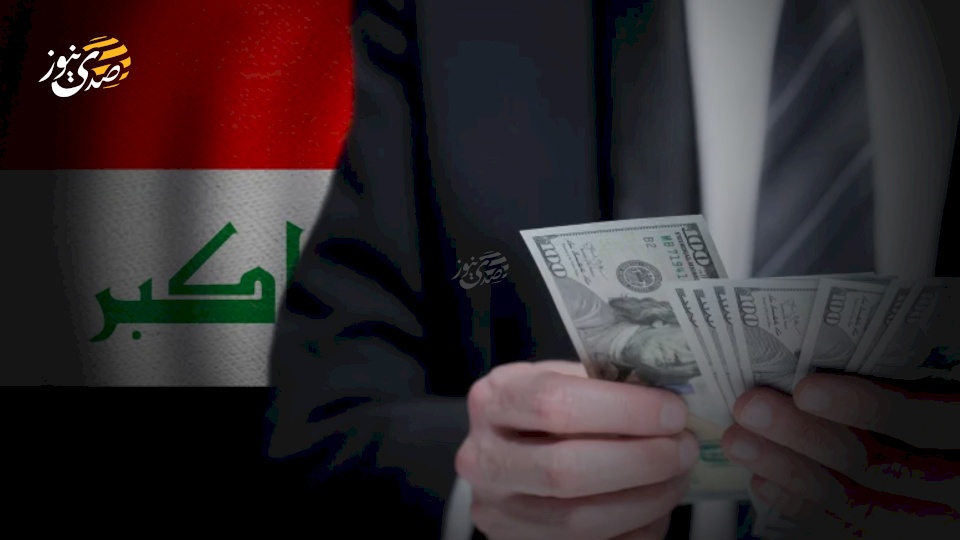
Iraq Signs Contracts Worth $1.3 Billion with the International Finance Corporation
SadaNews - Iraq announced the signing of several investment and developmental contracts with the International Finance Corporation (IFC) worth $1.3 billion, marking the 20th anniversary of the institution's presence and partnerships in the country, according to a statement released by the Cabinet today.
Among the major contracts are investments in associated gas and the development of Umm Qasr port facilities with Basra Gas Company, valued at $500 million, financing and expansion in cement and lubricant production with Al-Muhaideb Group, valued at $250 million, and financing container handling equipment and storage yard at Umm Qasr port with Al-Lourin Investment Company, valued at $125 million.
Iraq faces the threat of worsening financial deficits in the medium term due to declining oil revenues from falling prices, as well as increasing funding obstacles, while the estimated price of crude necessary to achieve budget balance has risen by more than 55%, according to the International Monetary Fund at the conclusion of Article IV consultations last July.
The World Bank approved last June a financing package for Iraq valued at $930 million, aimed at supporting a strategic project to expand and modernize the railway network in the country, a move that will enhance commercial connectivity within Iraq and at the regional level.
$100 Billion Investment in Iraq
During the celebration, Prime Minister Mohammed Shia' al-Sudani stated that the volume of Arab and foreign investment had reached $100 billion over the past two and a half years, emphasizing the importance of attracting foreign capital to support economic stability and encouraging global financing institutions to finance developmental projects.
The Iraqi government seeks to diversify the economy and reduce dependence on oil, which constitutes more than 90% of the state's revenues, as steps have been taken to enhance non-oil sectors such as agriculture, industry, and tourism, along with measures to improve the business environment and provide guarantees for the private sector, aiming to attract local and foreign investments to develop these sectors.
Al-Sudani considered that attracting foreign capital has contributed to supporting economic stability and has encouraged other global financing institutions to contribute to funding developmental projects, creating more job opportunities.
Iraq expects to achieve oil revenues of around 631 trillion dinars ($482 billion) during a five-year plan extending from 2024 to 2028, while the oil sector remains the largest contributor to the country's budget.

الذهب يتراجع بعد بيانات أميركية قوية أربكت رهانات خفض الفائدة

In Numbers.. Can the "Digital Euro" Save Europe from the Dominance of American "Visa" and...

$449 million in revenues from the Suez Canal since the beginning of the current year

Gold Holds Above $5,000.. Silver Nears $82

Venezuela Sends First Oil Shipment to Israel After Years of Disruption

Oil Maintains Gains Supported by Tensions in the Middle East

Macron: It is Time for Europe to Find a Common Borrowing Mechanism and Challenge the Dolla...
